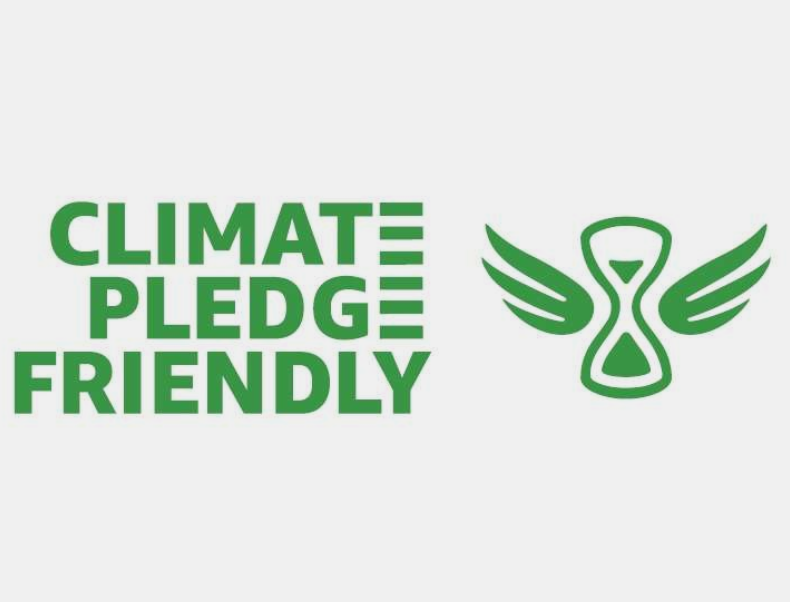Beyond Carbon: Embracing a Nature-Positive Future

“Nature positive” has emerged as a new approach to addressing climate change. Nature-positive initiatives advocate for economic activities to not only minimize harm to nature, but actively contribute to the restoration and enhanced health of natural ecosystems. As businesses, governments, and individuals strive to align with nature-positive principles, Life Cycle Assessments (LCAs) have become a crucial tool in this transformative journey.
Understanding Nature Positive
A nature-positive approach aims to halt and reverse the loss of biodiversity and the degradation of ecosystems. It involves taking actions that lead to a net gain for nature. This can include restoring habitats, increasing biodiversity, and improving the health of ecosystems. This shift is driven by the recognition that healthy natural systems are foundational to human well-being, economic stability, and the planet’s resilience to climate change.
Being nature goes beyond simply reducing negative environmental impacts. Initiatives must also create positive outcomes for nature. This includes outcomes like increasing the capacity of ecosystems to provide beneficial resources, like clean water and healthy soil. It also goes beyond carbon emissions as the only impact factor. It takes into account other factors like biodiversity, water use, land use change, and others impacts. These are not always included when using carbon emissions as the measurement of environmental impact. This means businesses and governments must rethink their operations, supply chains, and policies to support and regenerate natural systems.
A nature-positive approach to sustainability extends beyond merely addressing carbon emissions; it also considers crucial factors like biodiversity, resource consumption, and soil health. By understanding and incorporating these elements, businesses can develop responsible practices that yield benefits. Conserving and enhancing natural environment bolsters resilience to climate change, improving resource efficiency and reducing reliance on natural capital. Fostering environmental health mitigates the impacts of climate change and creates opportunities for long-term business success and sustainability.
The Role of Life Cycle Assessments (LCAs)
A Life Cycle Assessment (LCA) is a method used to evaluate the environmental impacts of a product, process, or service throughout its entire life cycle—from raw material extraction, production, and use, to end-of-life disposal. LCAs provide a comprehensive view of a product’s environmental footprint. This is essential for identifying opportunities for improvement and guiding decisions towards more sustainable practices.
1. Identifying Environmental Hotspots: LCAs reveal which stages of a product’s life cycle have the most significant environmental impacts. This can be different for each product so LCAs can help identify this on a product level. Companies may be able to identify patterns where one action can have a positive impact for multiple products. By pinpointing these key areas, companies can prioritize actions that reduce harm to natural ecosystems. For example, raw material extraction may be identified as a major contributor to habitat destruction. Efforts can now be directed towards sourcing materials more sustainably. However, for another product, packaging might be the most impactful area to focus on.
2. Supporting Sustainable Product Development: Through the insights gained from LCAs, designers and engineers can develop products that are not only more efficient but also less harmful to nature. This could involve using renewable materials, improving energy efficiency, and designing for recyclability. Sustainable designs can help companies save money and increase resilience to climate change from reduced consumption of finite resources.
3. Enhancing Supply Chain Transparency: LCAs encourage companies to scrutinize their supply chains, leading to greater transparency and accountability. Understanding the environmental impacts at each stage of the supply chain allows businesses to work with suppliers to implement more sustainable practices. Furthermore, impending regulations may require a detailed level of transparency and accountability surrounding sustainability claims or governmental goals to reduce environmental impact.
4. Educating Consumers: LCAs can help achieve eco-labels and certifications that help consumers make more informed choices. By understanding the life cycle impacts of products, consumers can opt for those that align with their values. This is also an opportunity for companies to educate consumers on the most sustainable use of their products. For example, including proper disposal methods that may vary based on local infrastructure for recycling and composting.
5. Fostering Innovation: The insights from LCAs can spur innovation in materials, processes, and technologies. Companies motivated by LCA findings might invest in developing alternatives that have a lower impact on nature, such as biodegradable materials or carbon-neutral production methods.
In Conclusion
The journey towards a nature-positive future requires efforts across all sectors. Leveraging Life Cycle Assessments can play a pivotal role in this transition by providing the data and insights needed to make informed decisions that benefit nature. As businesses and governments increasingly recognize the value of a nature-positive approach, the integration of LCAs will be essential in ensuring that our economic activities support, rather than hinder, the health of our planet’s ecosystems.
With the power of LCAs, we can create a sustainable future for people and nature. This commitment to understanding and mitigating our environmental impacts is not just an option but a necessity.
At CarbonBright, we specialize in developing innovative solutions that enable organizations to conduct Life Cycle Assessments (LCAs), quantify their emissions, and meet stringent regulatory requirements. By partnering with CarbonBright, organizations can achieve a more efficient and cost-effective solution compared to traditional methods. Our scientifically-based approach, aligned with industry standards, ensures accurate and credible results that support your journey towards sustainability and compliance with emerging climate action standards.Contact us to learn more about how we can help you accelerate your sustainability journey and meet the complex requirements of Life Cycle Assessments (LCAs).


.png)
